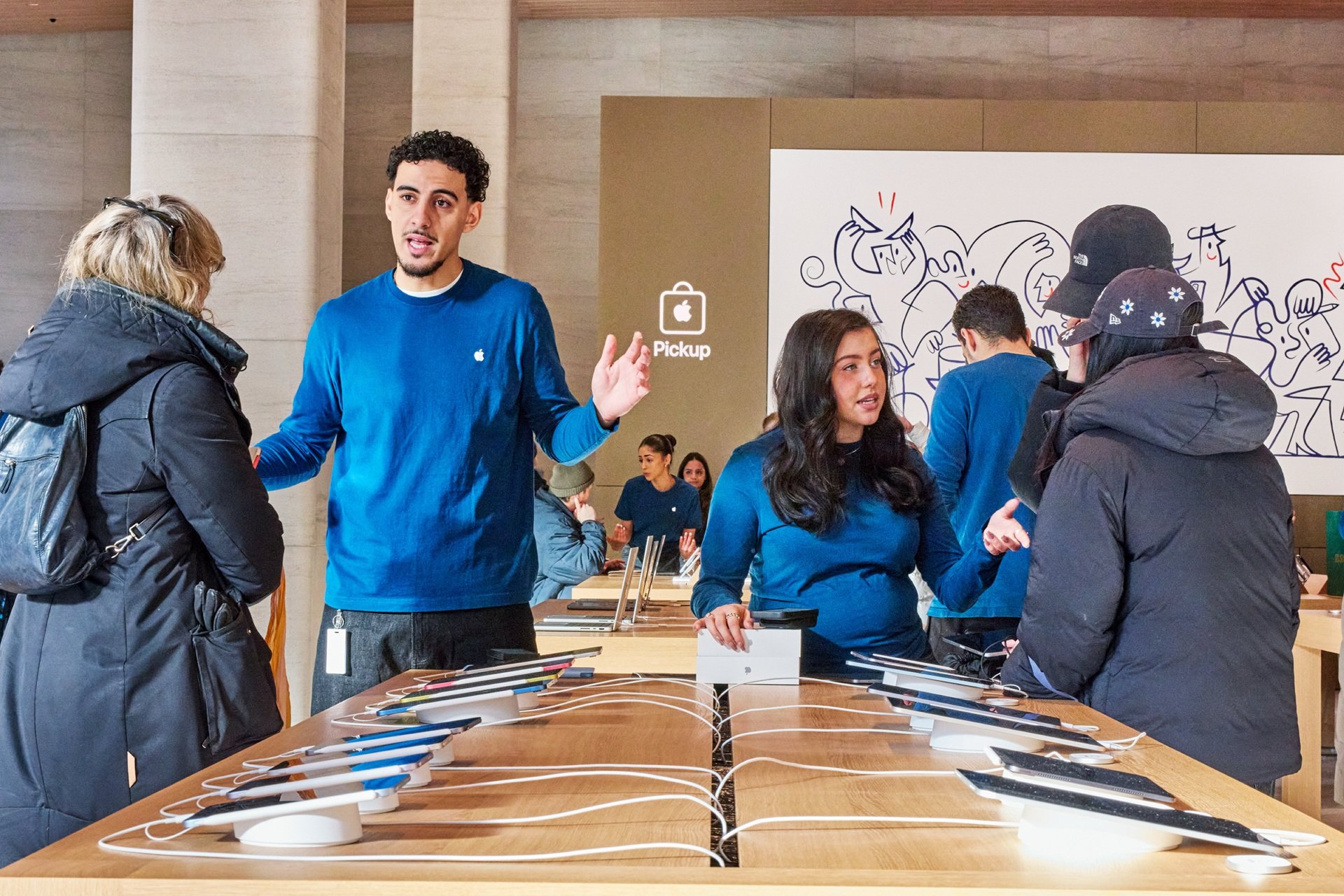With streaming services popping up like dandelions, studios and content providers are exhibiting little self-control in trying to distinguish their offerings from one another.
Netflix (NFLX 0.84%) showered Game of Thrones showrunners Dan Weiss and David Benioff with a five-year, $250 million deal to lure them away from HBO; Amazon.com (AMZN +1.60%) signed up Robert Kirkman of The Walking Dead fame to produce genre shows for its Prime video platform; and AT&T's (T +0.34%) Warner Bros. is paying Greg Berlanti $300 million through 2024 to produce content.
There is an arms race building for creatives and new content, and streaming services are shelling out vast sums of money to acquire both. But because there's a limited pool of top talent, it will likely lead to the quality of the programming suffering due to spotty, hit-or-miss shows undermining the services.

Image source: Getty Images.
Spending like there's no tomorrow
Content budgets for streaming services are becoming bloated. Netflix is reportedly spending $15 billion this year on content and creatives, while Amazon and Apple (AAPL +4.12%) are each spending an estimated $6 billion. HBO is said to be paying $3 billion to increase the amount of original programming it offers by 50%, and Disney (DIS 7.40%) will spend $1 billion.
The Disney budget seems low, but only because it is coming to market with one of the best-established content libraries in the industry. When the Disney+ streaming service launches later this year, people will be subscribing to it as much for its back catalog as for whatever new content it produces.
Yet with all of these services and all of this money being thrown around, it is beginning to look as if a bubble is forming in streaming. All of the content being created will be spread over ever-narrower niches among highly fragmented services, and that means the ability of any one particular service to stand out will be slimmer.
A deluge of streaming options
Studies show consumers have limited budgets for entertainment and subscribe on average to just three streaming services. Despite the fact that streaming wars are really only just getting started in earnest and many of the channels have not even launched yet, it already looks as if a great streaming-video shakeout is looming on the horizon and an implosion is coming.
Netflix, as one of the earliest subscription pioneers for video on demand, ought to retain its status as a must-have service, even if its original programming is still a mix of good and bad content. Amazon Prime should also be on top of the list, if only because of all the other services that are attached to the member loyalty program.
That leaves just one primary slot open for Apple TV+, Disney (both Disney+ and Hulu), the HBO family of services (Go, Now, and Max), Roku, Sling TV, YouTube TV, and more.
Although more than just three platforms will survive, when you have cable, telecoms, ISPs, and independent providers all vying for viewer eyeballs, there can only be a few winners.
Paying up for mediocrity
In the pell-mell race to jump into the fray, the industry is losing its moorings. Netflix's deal for the Game of Thrones (GoT) showrunners is a glaring example of the willingness to arbitrarily throw money around.
After five strong seasons, the quality of the show deteriorated markedly, as it didn't have the solid writing skills of George R.R. Martin underpinning it. And the last season arguably ruined what many considered the best show on television with a hastily and poorly written conclusion that was reviled by critics and fans alike.
HBO has similarly made a dicey play by agreeing to pay J.J. Abrams $500 million to produce content despite criticism that his Star Wars: The Force Awakens was a lazy, shot-for-shot rip-off of the original Star Wars: A New Hope.
Although Apple hasn't signed any big-name creatives, it did reportedly spend more per episode on the program See featuring GoT's Jason Momoa than HBO spent on each episode of GoT's final season. To its credit, Apple says it is focusing its energy on just a few quality shows and not taking the scattershot approach of Netflix.
A final accounting
Yet these expenditures seem to be more acts of desperation than carefully planned maneuvers. The ever-escalating pay scale for creators and content is bound to blow up at some point, and not even the deep pockets of most of the top-tier players can stop these services from becoming budget-busting albatrosses.










